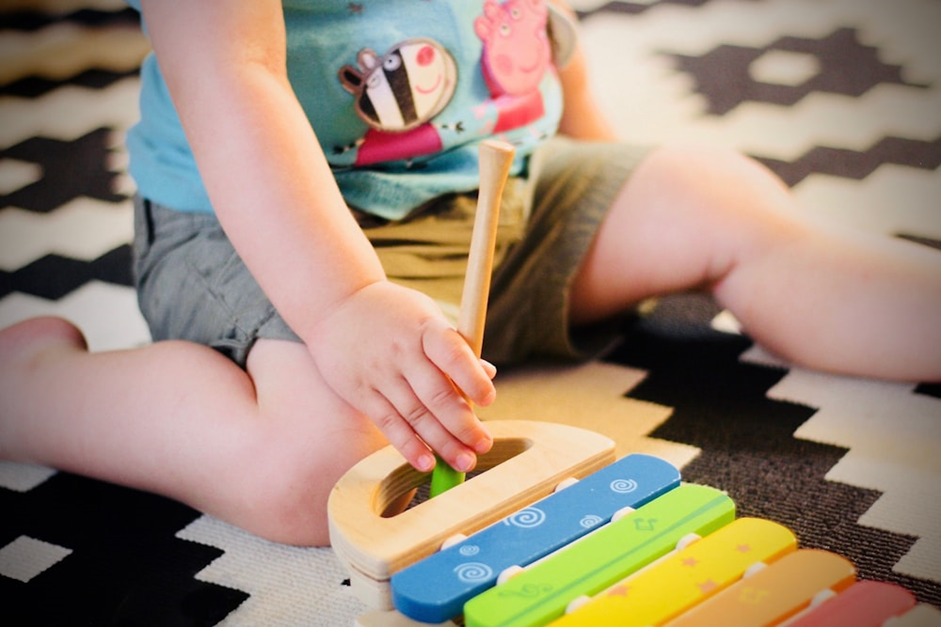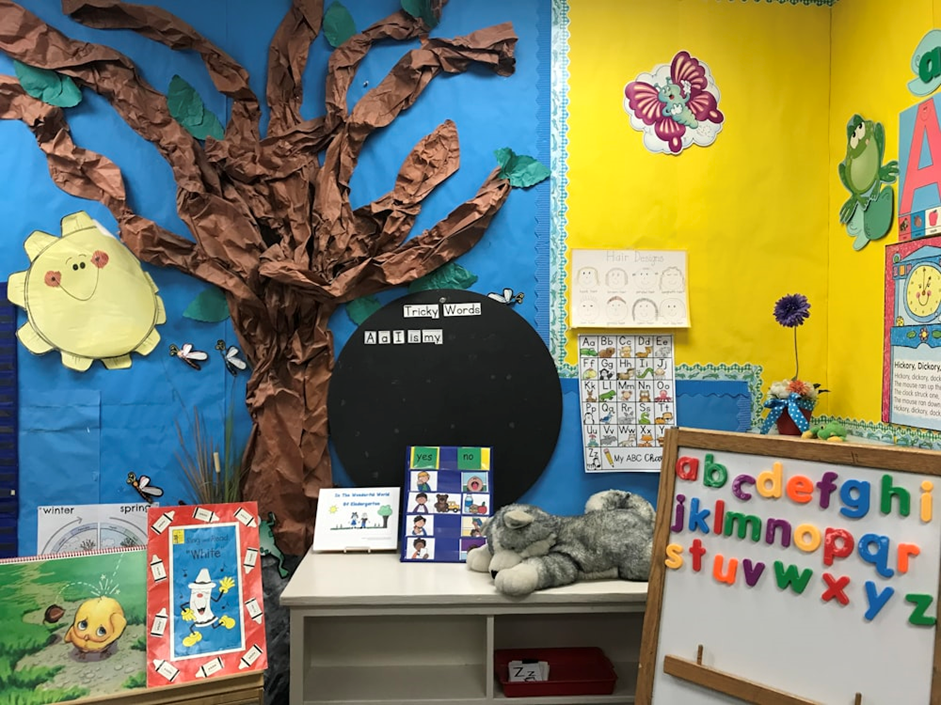Benefits of Play-Based Learning: Explain How Play-Based Learning Supports Development.
Play-based learning is a foundation of early childhood
education, offering a dynamic and engaging approach that fosters holistic
development in young children. From imaginative play to hands-on exploration,
play-based learning not only captivates children's interests but also lays a
solid foundation for their cognitive, social, emotional, and physical growth.
In playschools in Magarpatta , this approach is particularly
emphasized, recognizing the profound impact it has on children's development
during their formative years. Through play, children learn to problem-solve,
communicate, collaborate, and regulate their emotions, all essential skills
that pave the way for future success. Here, we'll explore the benefits of
play-based learning, exploring how it nurtures children's natural curiosity and
sets them on a path towards lifelong learning and fulfilment.
Benefits of Play-Based Learning
Below are the benefits of play-based learning for playschool
students.
Cognitive Development
Play-based learning significantly enhances cognitive
development by engaging children in activities that stimulate their thinking
and understanding. Through various forms of play, children go through
situations that require them to solve problems, make decisions, and think
critically. For instance, building a tower with blocks involves planning and
reasoning to ensure stability. Additionally, engaging in imaginative play
scenarios, such as playing house or store, helps children understand different
roles and responsibilities, improving their ability to process information and
develop logical thinking.
Social and Emotional Development
Play is a powerful tool for social and emotional
development. Children learn to interact, cooperate, and communicate with others
when they play together. This interaction helps them understand social norms
and develop empathy by considering others' feelings and perspectives.
Play-based learning also provides a safe space for children to express their
emotions and learn emotional regulation. Through role-play and cooperative
games, children experience various social dynamics, which teach them how to
navigate friendships, resolve conflicts, and build meaningful relationships.
Physical Development
Physical development is another critical area supported by
play-based learning. Activities that involve movement, such as running,
jumping, and climbing, help develop motor skills, enhancing overall physical
strength and coordination. Fine motor skills are also refined through play
activities that require precise movements, such as drawing, cutting with
scissors, or assembling puzzles. These activities improve hand-eye coordination
and dexterity, which are essential for tasks like writing and manipulating
small objects.
Creativity and Imagination
Play-based learning fosters creativity and imagination,
allowing children to explore and express their ideas freely. When children
engage in imaginative play, they create their own worlds and scenarios, which
promotes innovative thinking and problem-solving. Artistic activities like
painting, drawing, and crafting further stimulate creative expression, enabling
children to explore different forms of art and develop their unique style. This
freedom to create and imagine not only enhances cognitive abilities but also
builds confidence in their creative potential.
Cultural and Diversity Awareness
Incorporating diverse cultural themes into play-based
learning activities helps children develop an awareness and appreciation for
different cultures and traditions. This exposure to various cultural elements
fosters inclusivity and respect for diversity. Children learn to recognize and
value differences, which is crucial for developing a sense of global
citizenship. Activities that celebrate different cultures through stories,
music, dance, and festivals help children understand and embrace cultural
diversity, promoting social harmony and empathy from a young age.
Academic Preparedness
Play-based learning effectively prepares children for
academic success by integrating fundamental concepts of math, science, and
literacy into engaging activities. For example, sorting and counting objects
introduce basic mathematical principles, while storytelling and role-playing
enhance language and literacy skills. This approach ensures that children
develop a solid foundation in essential academic areas while enjoying the
learning process. Furthermore, the engaging nature of play-based learning
fosters a positive attitude towards education, encouraging a lifelong love for
learning and curiosity.
Conclusion
Play-based learning offers a multifaceted approach to early
childhood education, nurturing cognitive, social, emotional, physical, and
creative development. It prepares children for future academic success while
fostering a love for learning through engaging and enjoyable activities. The
HDFC School, renowned for its emphasis on play-based learning, stands out as
the best choice for playschools. It integrates diverse and innovative teaching
methods, creating a stimulating environment where children thrive. The HDFC School ensures that every child
receives a well-rounded education by prioritising holistic development and
inclusivity. Parents seeking the best for their children can trust that the
HDFC School in Magarpatta will provide an exceptional foundation for lifelong
learning and growth.











Comments
Post a Comment